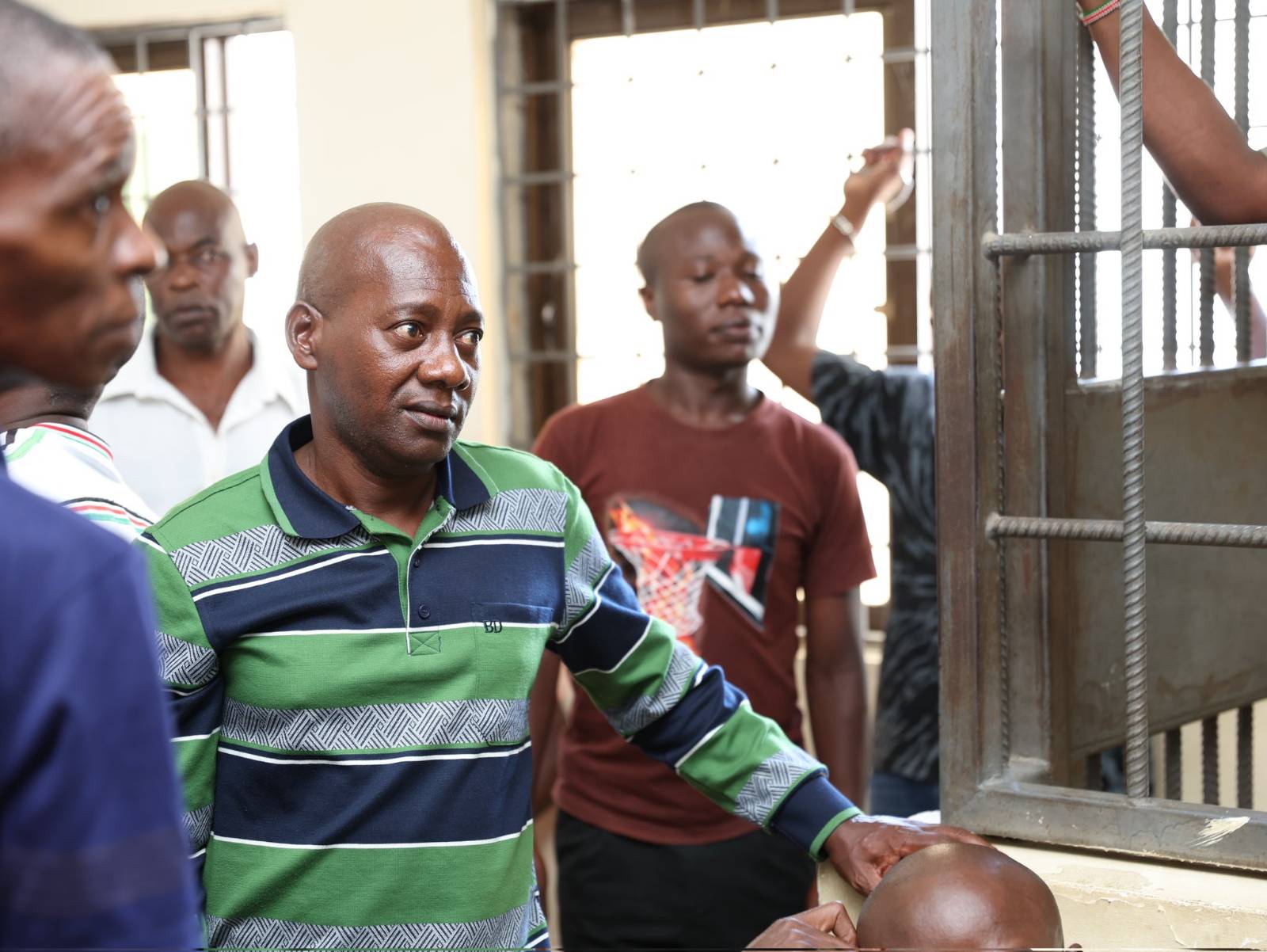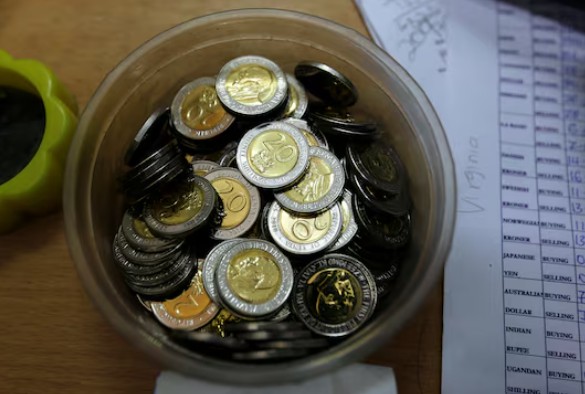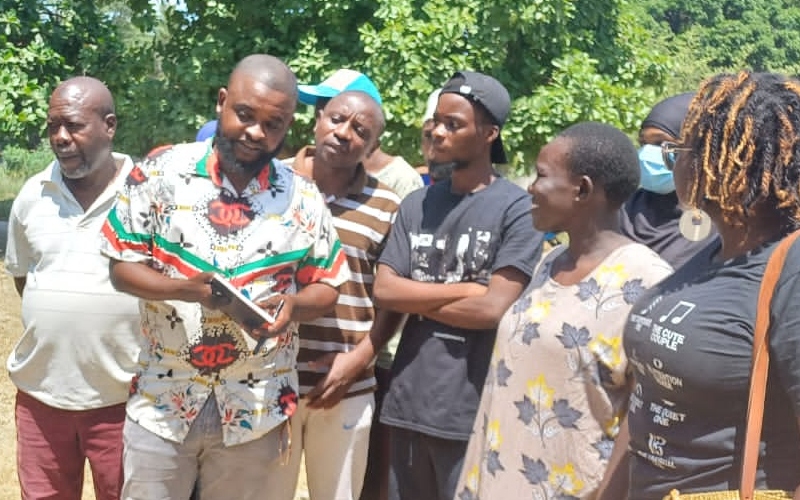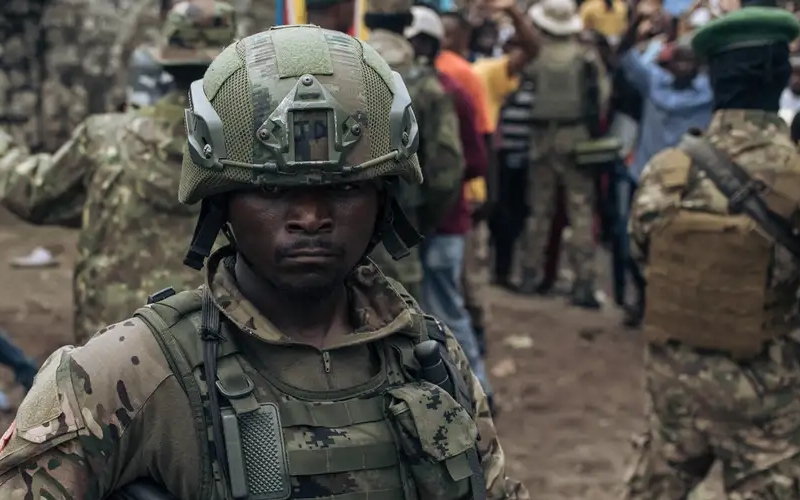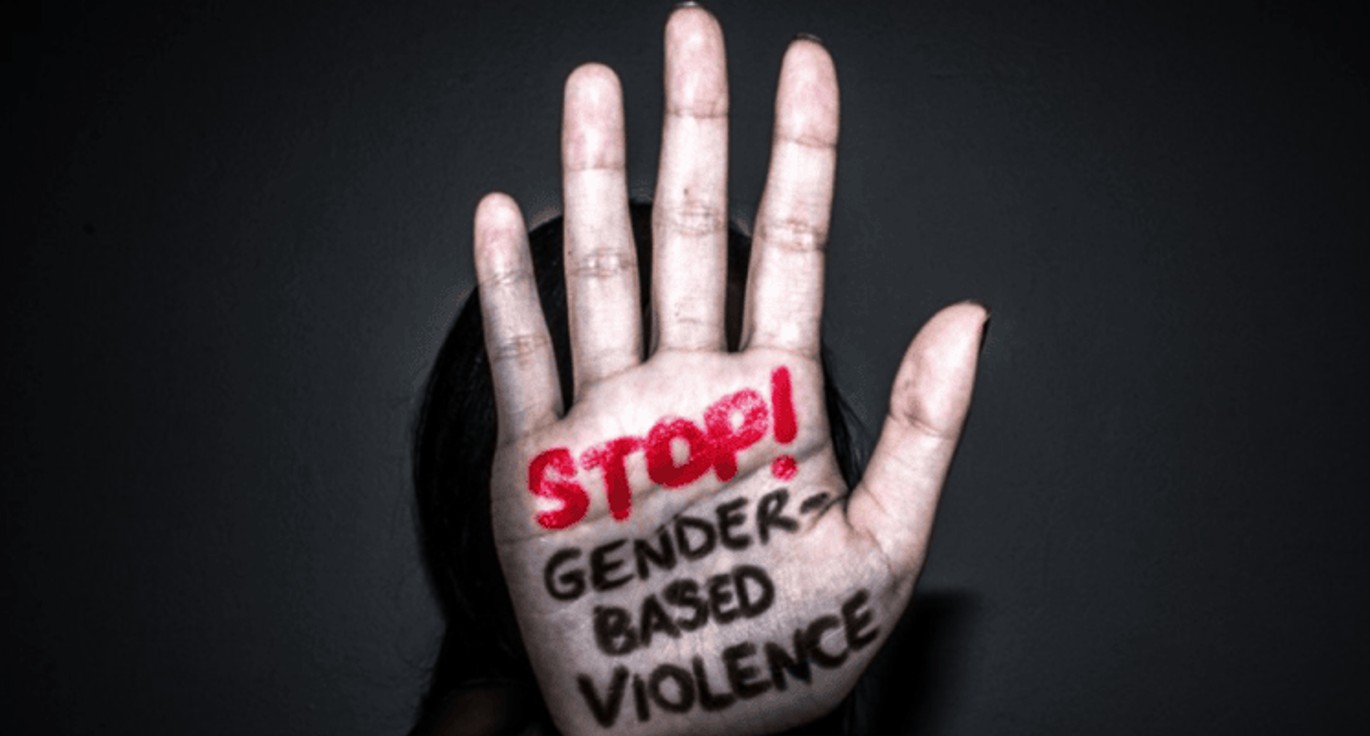Rights groups reject proposed 'punitive' amendments to Public Order Act
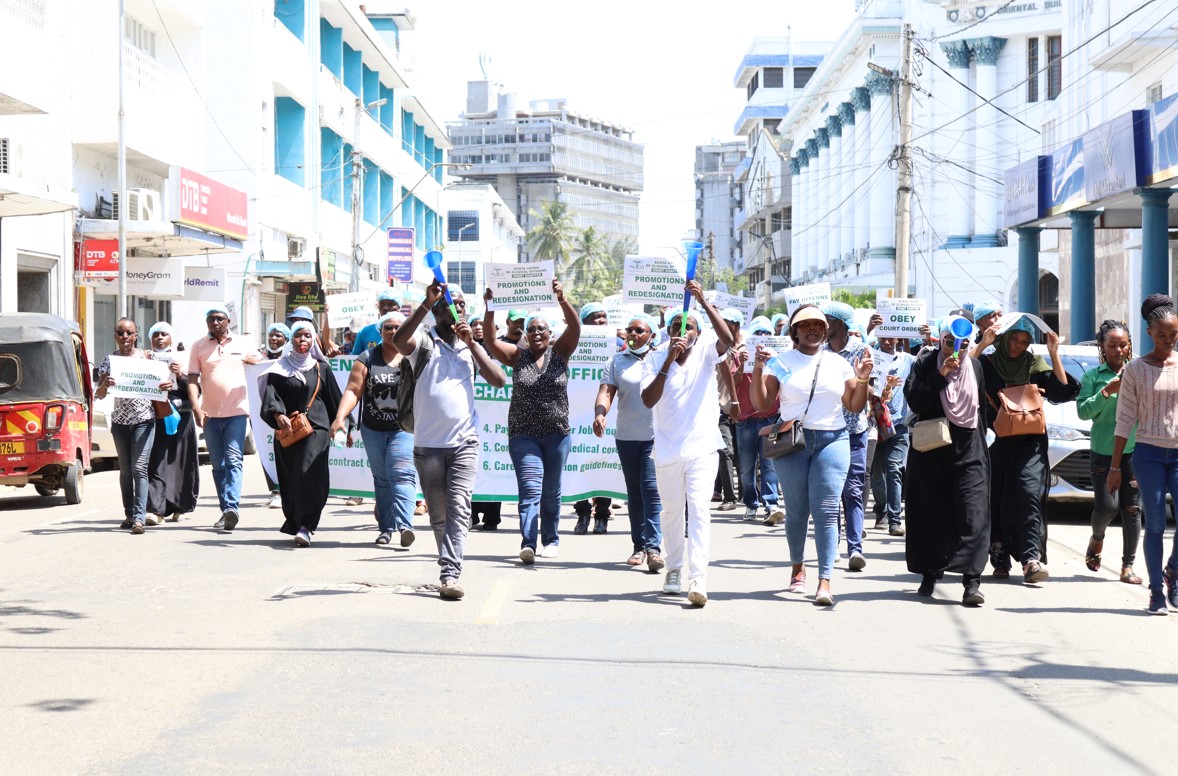
The organisations said the proposals are one-sided and fail to address the interests of protestors, whose act of assembly is protected by law.
Human rights organisations in Kenya have rejected proposed amendments to the Public Order Act, terming them punitive, reactive, retrogressive, and requiring significant revisions to align with standards.
The organisations said the proposals are one-sided and fail to address the interests of protestors, whose act of assembly is protected by law.
More To Read
- Rights groups demand KNCHR to take charge of compensation plan for protest victims
- LSK rejects Passaris’ protest Bill, warns MPs against curtailing freedoms
- Unmarked Subarus, live ammunition: Police under fire over Saba Saba protest killings, injuries
- Nairobi leads in Saba Saba protest deaths as Haki Africa confirms 43 killed nationwide
- CCTV exposes how goons violently invaded KHRC offices
- LSK, Police Reforms Working Group condemn storming of KHRC offices ahead of Saba Saba protests
A statement issued by the umbrella Police Reforms Working Group added that the proposals by Mbeere North Member of Parliament Geoffrey Kiringa Ruku fail to address critical contemporary issues in public management and necessary reforms.
"The bill introduced new charges such as cleaning fees and conditional assemblies as advised by a regulating officer, curtails the manner of assembly and the paraphernalia used, introduces extreme penalties and liabilities on organisers, and expands the allowable time frames for assemblies beyond reasonable limits," said the statement issued on Friday.
Here is the Police Reform Working Group @ReformsGroup and @cff_kenya's statement outlining our recommendations on the proposed Assembly and Demonstration Bill. This bill is designed to restrict Article 37 of the Constitution. #PublicOrderAct #FreeToProtest pic.twitter.com/KAUwWEHnOr
— Police Reforms Working Group - Kenya (@ReformsGroup) June 14, 2024
According to the proposed amendments, Kenyans participating in protests will be required to show their faces or face imprisonment for one year or a fine of Sh100,000.
The bill further states that where property damage occurs as a result of an assembly or demonstration, every participating person or organisation shall be held liable.
Those accused shall be required to provide sufficient proof that they took all reasonable steps to prevent the act that led to the damage, failing which they shall be prosecuted.
The bill further gives the police the liberty to prevent demonstrators from deviating to a route different from the one specified in the notice of protest.
"The police may also restrict the gathering to a place or guide the participants along a route to ensure that vehicle or pedestrian traffic is not interfered with, that an appropriate distance is maintained between participants in the assembly and rival assemblies, access to property and workplaces, and the prevention of injury to persons or property damage," the bill adds.
Civil society, however, insists that legislative changes of this nature should be driven by data and harmonised with global, regional and national policies and laws.
According to them, the proposals are flawed as they fail to address "critical issues such as the challenges faced by assemblies in the country, the current burdensome and unclear notification regime, a lack of clear definitions for essential public order management and the dangers of improper use of less lethal weapons like tear gas and batons, which have caused fatalities."
Other critical issues that the rights groups say are not addressed include "command responsibility and accountability measures as in the National Police Service Act and the Police Service Standing Orders, the role of police in inciting violence during assemblies, the appropriate definition of a police officer to encompass anyone appointed by the Inspector General to manage public order, the necessity for civilian oversight during assemblies, and the unsatisfactory reporting measures for injuries and fatalities caused by police officers and more."
The organisations added that any amendments to the Act should clearly define terms, address the various forms of protests and assemblies, streamline notice channels, and establish effective dispute-resolution mechanisms for public order management.
They should also prioritise explicit guidelines for de-escalation protocols, incorporate dialogue during assembly preparations, and steer clear of imposing criminal sanctions in the context of laws governing assemblies.
Lastly, they said the amendments should seek to introduce sanctions only if they are disproportionate or aimed at tightly controlling or penalising organisers or conveners and that they should be taken through a meaningful dialogue and consultation process with civil society.
Before you go, how about joining our vibrant TikTok and YouTube communities for exciting video stories?
Top Stories Today


